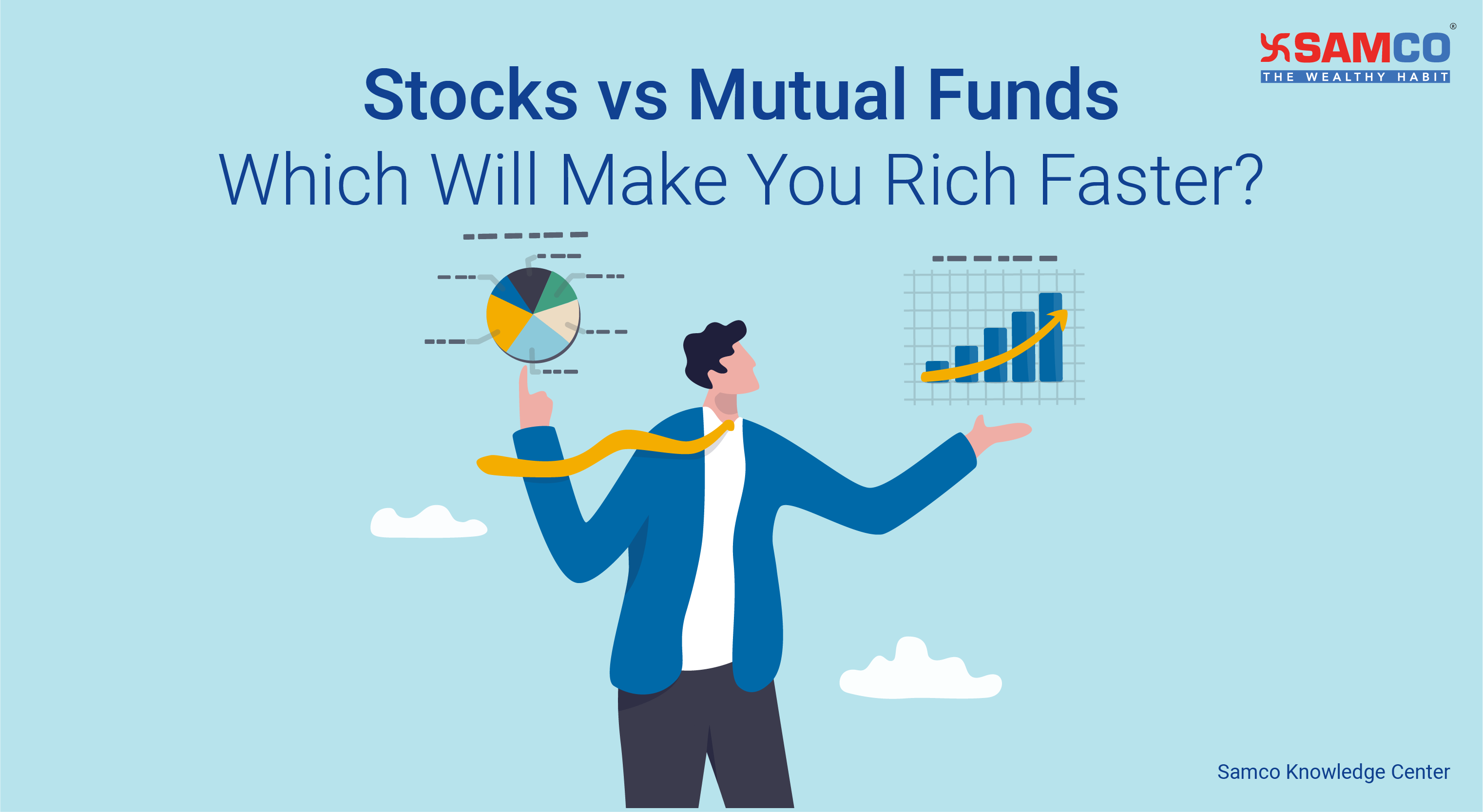Are you new to trading and wondering how to make the most of market movements? Futures and options trading may be the right option for you. Future and options trading: what’s that? You must be wondering. At first it might sound complicated, but they offer simple ways to manage risk and boost your profits. In this beginner’s guide, we’ll break down how they work and why they can benefit your trading journey. So let’s dive into the world of future and options trading.

What is options trading?
Options trading is a type of trading that gives the investor the right to sell or buy an asset that they own at a predetermined price or date. With options trading, investors have the option to speculate on the future direction of the stock market or specific securities like a stock,bond or an index options.
How does options trading work?
Let’s say you feel the price of a stock will rise, you can buy a call option on that stock, which allows you to buy it at a predetermined price called the strike price, within a specific period. If the price of the stock goes up then you can exercise your option and buy the stock at a lower strike price, selling it at a higher market price for a profit. But in the situation where the stock price remains the same or it falls then you are not obligated to exercise the option, limiting your losses to a premium paid for the option. You can use an intraday trading app to track and execute these trades efficiently.
Features of option trading:
- Reduced risk: The losses here are reduced with option trading. The maximum loss is limited to the premium paid for the option.
- Versatility: Options can be used for various trading strategies including speculations, income generation and hedging.
What is futures trading?
A future is a legal contract that states that you will buy or sell a particular asset at a predetermined price at a specific time in the future. This includes assets such as stocks, index futures, gold, oil or any other financial instrument.
How does future trading work?
Lets say, you believe that the value of a stock is going to increase in the future, so you buy a future stock contract, where you agree that you will purchase that stock at a predetermined price on a set date, if the price of the stock goes up before the contract expired then you can sell the future contract at a profit, but on the other hand if the price falls then you will go in a loss.
Features of future trading:
- The contracts are standardised:
Future trading contracts are standardised in terms of expiry date, quality of underlying asset and size which makes them quite easy to trade on exchanges. This also makes it accessible for investors looking to invest in equity market.
- Leverages: When you invest in future trading you need to put down a fraction of the contract’s total value as a deposit. This is known as the margin.
To sum up, options and futures trading might seem complex, but they’re powerful tools for beginners to explore. Dive in, practice, and you’ll find they’re a valuable addition to your trading toolkit.